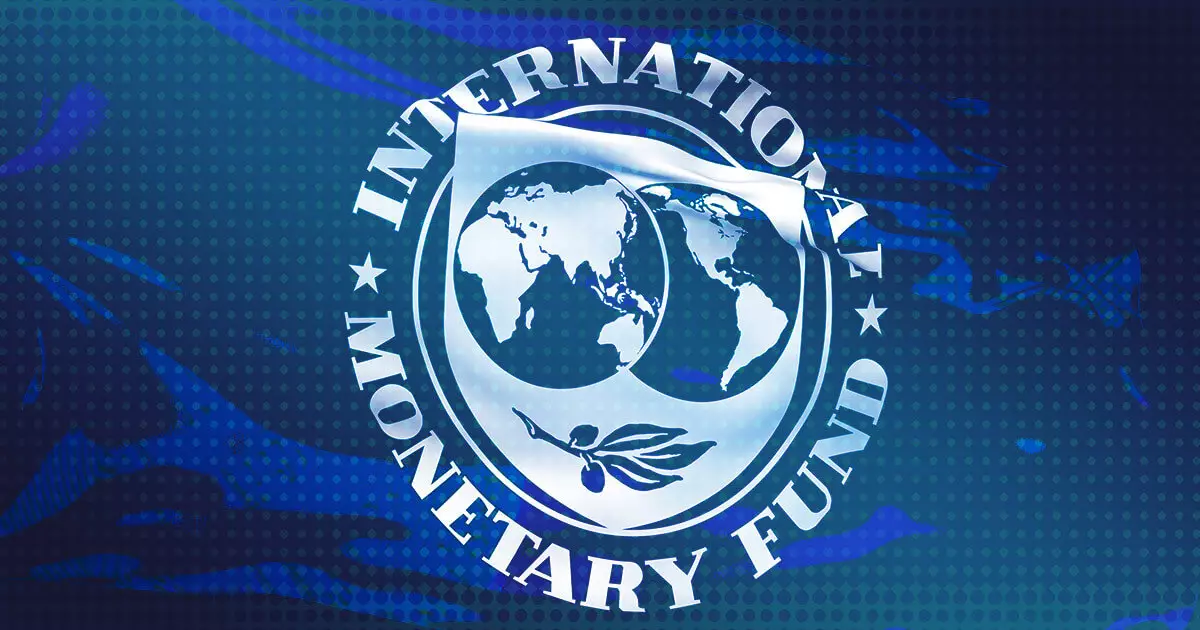The International Monetary Fund (IMF) recently suggested that Nigeria should consider embracing the regulated use of digital assets by licensing international crypto exchanges. This proposal was included in the IMF’s consultation report for Nigeria, with the aim of enhancing the country’s economic stability and solidifying its position within the African crypto sector. The recommendation comes at a time when Nigeria is experiencing a regulatory crackdown on crypto, which has resulted in legal issues with Binance and a planned ban on peer-to-peer (P2P) trading.
According to the IMF report, licensing crypto exchanges could potentially attract foreign investment and improve remittance processes in Nigeria, especially given the country’s significant expatriate population. The IMF stressed the importance of adhering to strict regulatory standards, including robust Anti-Money Laundering and Countering the Financing of Terrorism (AML/CFT) protocols. The report also highlighted substantial gaps in Nigeria’s balance of payments, which are primarily attributed to undeclared financial activities facilitated by cryptocurrencies in cross-border transactions.
The IMF argues that through proper regulation and licensing, digital assets can provide Nigeria with tools for more secure and efficient transaction processes. This would not only enhance control over digital financial transactions but also help curb illegal financial activities and reduce the risks of fraud and money laundering associated with digital currencies. Additionally, the report emphasized the potential of digital currencies to foster financial inclusion and support economic growth by improving access to financial services for the unbanked population of Africa.
Recent weeks have seen a significant regulatory crackdown on crypto and P2P trading in Nigeria, driven by the government’s concerns over volatility in the foreign exchange market. The Central Bank of Nigeria has specifically pointed out activities such as “pump-and-dump” schemes in the P2P trading sector, accusing traders of manipulating the naira through speculative strategies. One notable development in the crackdown involved actions against Binance, with Nigerian regulators accusing the exchange of facilitating $26 billion in untraceable transactions.
In response to the regulatory crackdown, Nigeria’s crypto traders have reportedly started moving their operations underground, using informal channels such as WhatsApp and Telegram for P2P trading. Many traders are now utilizing non-custodial or self-custody crypto wallets to continue their activities outside the purview of regulated exchanges. This shift highlights the challenges faced by regulators in controlling crypto trading activities and emphasizes the need for comprehensive and effective regulatory frameworks.
The IMF’s recommendation for Nigeria to license international crypto exchanges represents a significant opportunity for the country to enhance its economic stability, attract foreign investment, and improve remittance processes. However, the success of this initiative will depend on Nigeria’s ability to implement strict regulatory standards, address balance of payments gaps, and effectively curb illegal financial activities associated with cryptocurrencies. With the right regulatory approach, Nigeria can leverage the potential of digital assets to foster financial inclusion and support economic growth in the region.

